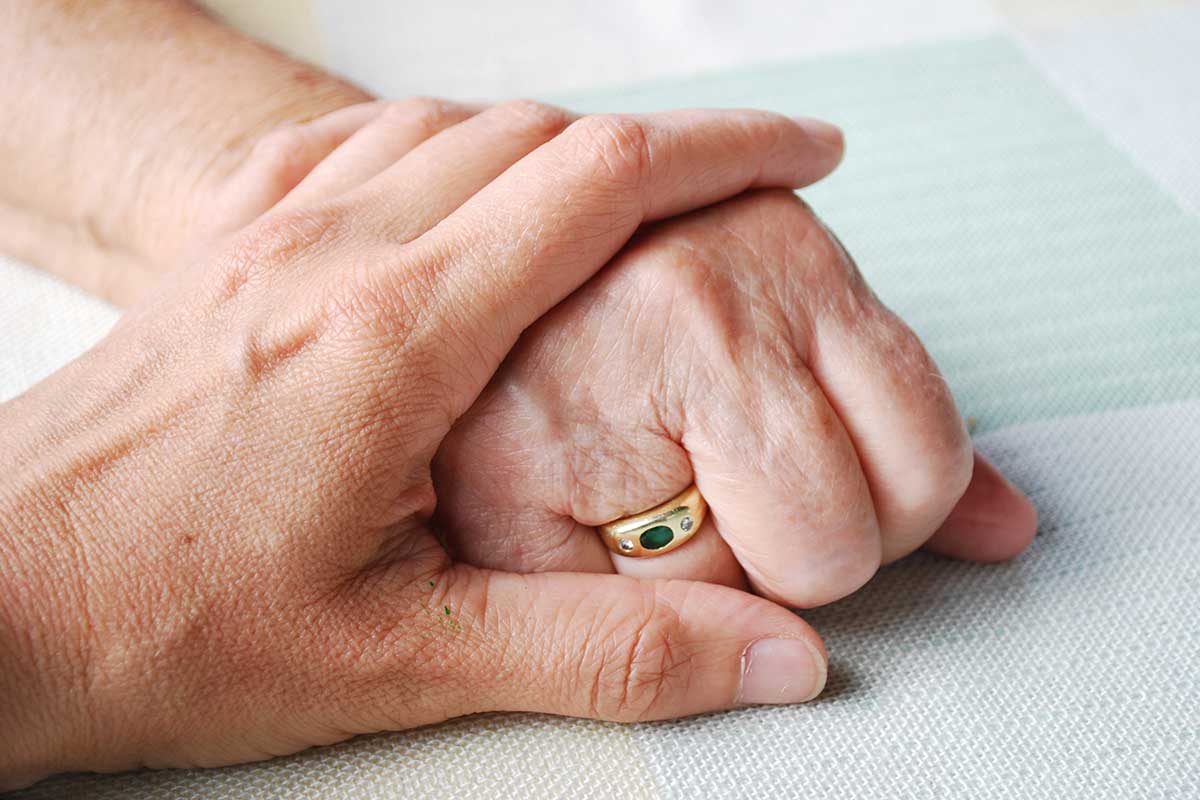Below are just a few of the ways well meaning people offend those who are grieving. These are feeling stoppers which can say more about the person saying them than they do about the griever.
People often respond to loss the way they have heard others respond. They may do this without thinking how the bereaved may receive a platitude, even a well meaning one.
- Be strong for your family
- It was meant to be
- Everything happens for a reason
- At least you have more children
- You are still young
- God needed another angel
- He is in a better place
- I know how you feel
- Time heals all wounds
- You can handle this
- God never gives more than we can handle
- You should be over this by now
- You need to move on
- You can still get remarried
- It was God’s will
- She lived a long life
- You look like you are doing so well
- Think of all you have to be thankful for
- It’s wrong to be angry at God
- Just be happy that she/he is not in pain anymore
- You should be coping or feeling better by now
Although the person saying them may not mean to be insensitive, for many bereaved, these clichés can be at best hurtful and at worse insensitive. These expressions can simply communicate, “I can’t tolerate the pain of your grief.”
Feeling stoppers are a way to stop another person from talking about their grief, and to shift the attention to something less painful.
Just because two people have both lost a spouse or a parent, it does not mean that they will grieve the same way, at the same intervals, or with the same intensity. Some people may need to talk about their loss. Others may not want to talk to others about their loss at all.
This does not make one right and the other wrong, or one way good and the other bad. People often can’t anticipate what will be helpful or offensive when they initially have a loss. Even the previous losses a person has experienced cannot prepare them fully for how they will grieve in the future.
Look for websites that talk about how to be helpful to someone who is grieving – what to say, what not to say, and how to offer help over the course of the grief journey. If a bereaved is struggling to cope with grief, they may need to expand their current support network to learn how to effectively face and move through her or his grief. Offer to go with them to a support group or drive them to a counselor’s office.
If someone wants to be helpful to a person who is grieving, it is best to ask the bereaved to share ideas. But know they may not know what they need. It is ultimately up to the bereaved to identify and share if they have specific needs.
When you are overwhelmed, exhausted, stressed, grieving, or don’t know what to say, you may be most likely to respond with a “feeling stopper.” Being kind, listening without distraction, and being respectful is a good start.

